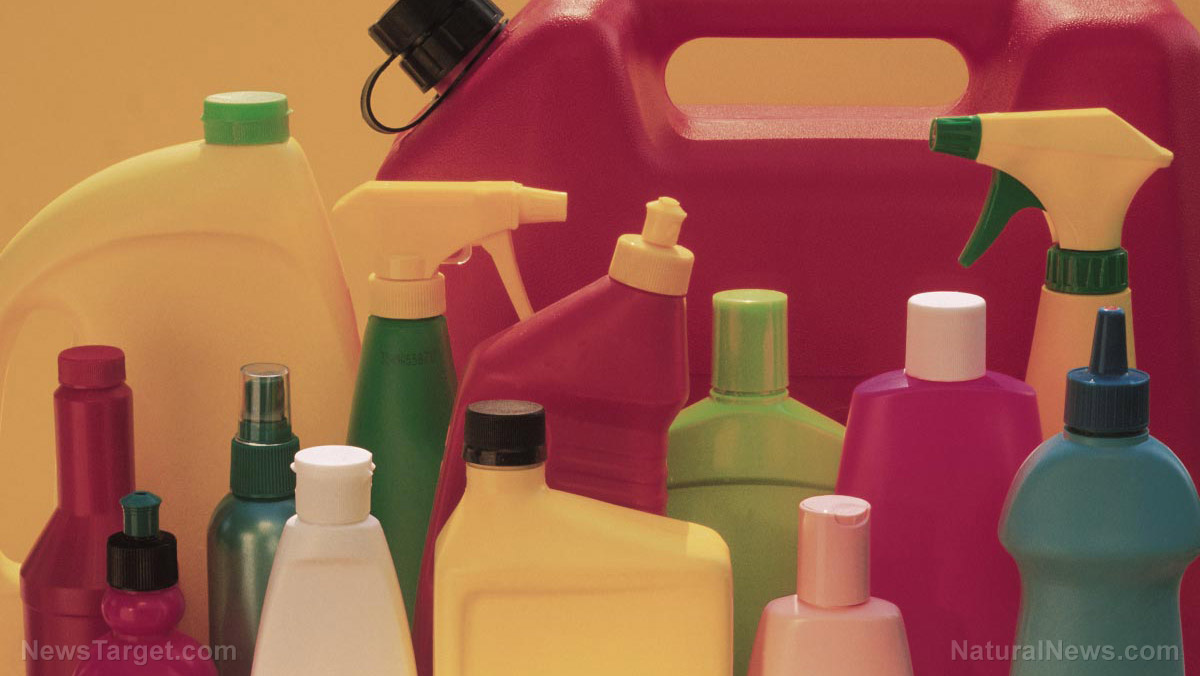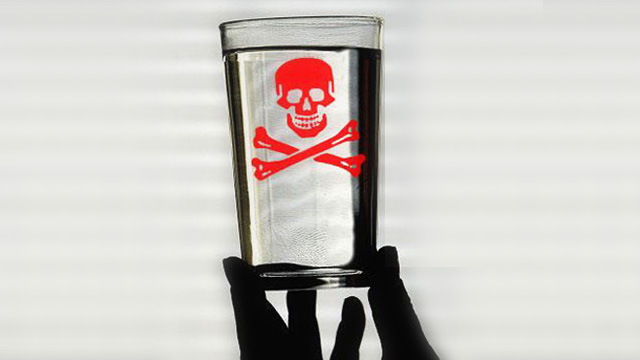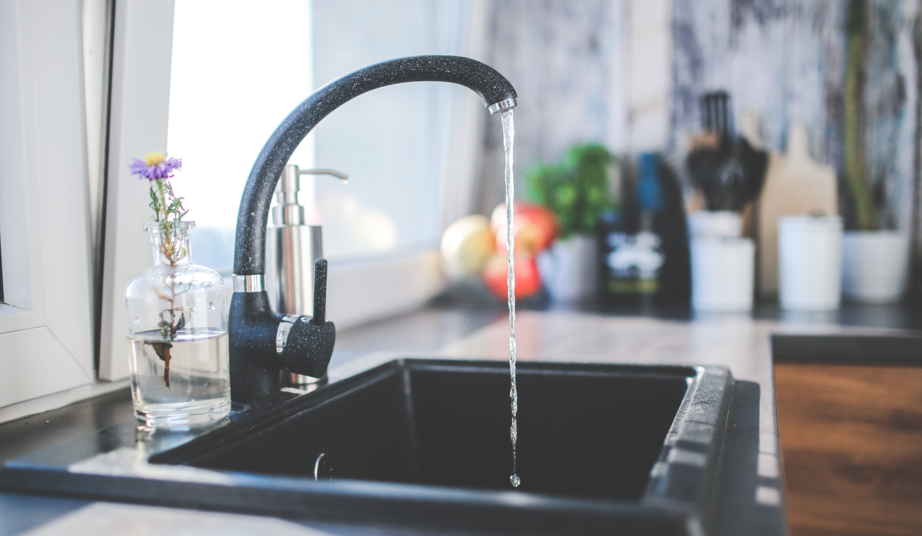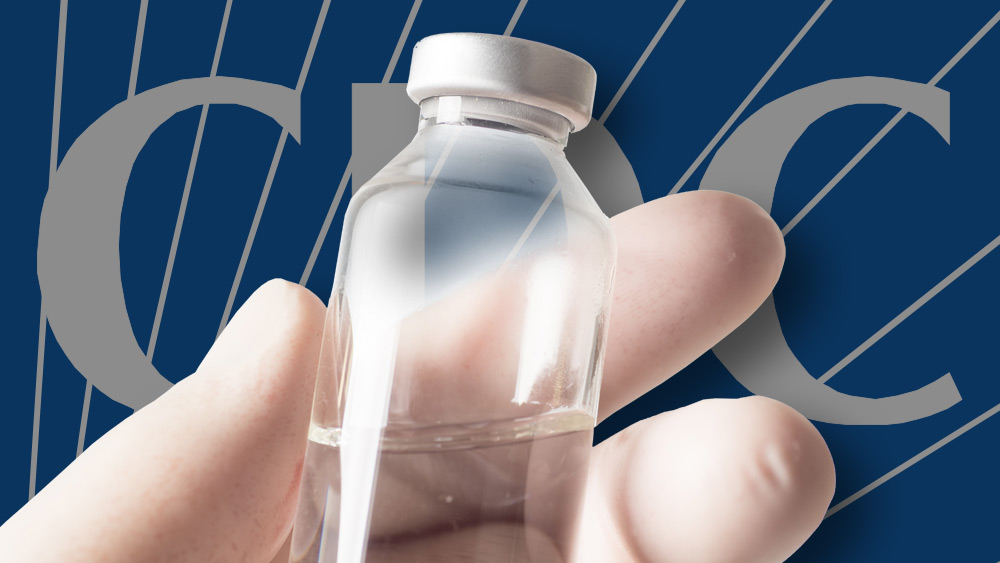Choose your cleaning products with care: Cleaning chemicals are associated with poor health conditions, from asthma to lung function decline
10/15/2018 / By Zoey Sky

Certain cleaning chemicals have been linked to health problems, according to a study published in the American Thoracic Society’s American Journal of Respiratory and Critical Care Medicine. In the paper, the authors cited asthma and even lung decline as primary illnesses that can be gotten from using these products.
Compared to women who do not clean, those who often use cleaning sprays or other cleaning products at home or those who are employed as cleaners seem to “experience a greater decline in lung function over time.”
Researchers from the University of Bergen in Norway studied data from 6,235 individuals who took part in the European Community Respiratory Health Survey.
In the study, titled “Cleaning at Home and at Work in Relation to Lung Function Decline and Airway Obstruction,” participants with an average age of 34 when they enrolled were observed for over 20 years.
Dr. Cecile Svanes, a professor at the university’s Centre for International Health, explained that even though the short-term effects of cleaning chemicals on asthma were now being properly documented, there was no data when it came to its long-term impact.
Svanes, who was also the senior author of the study, added that the team is concerned that these chemicals are steadily damaging the airways of women. Although the damage is minimal, it will all add up and it might even “accelerate the rate of lung function decline” as women age.
The study found that compared to women who did not clean as often:
- Forced expiratory volume in one second (FEV1), or the amount of air a person is able to forcibly exhale in one second, decreased 3.6 milliliters (mL)/year faster in women who cleaned at home and 3.9 mL/year faster in women who are employed as cleaners.
- Forced vital capacity (FVC), or the total amount of air a person can forcibly exhale, decreased 4.3 ml/year faster in women who cleaned at home and 7.1 mL/year faster in women who are employed as cleaners.
The researchers determined that the advanced lung function decline in the women who worked as cleaners was similar to smoking less than 20 pack-years.
Øistein Svanes, a doctoral student also from the Department of Clinical Science and study’s lead author, noted that they were surprised with the level of lung impairment. According to Svanes, the results should not be shocking since the small particles from the cleaning agents are meant to be cleaning the floor and not being inhaled into your lungs.
The scientists posited that a decline in lung function could be caused by the irritation that most cleaning chemicals cause on the mucous membranes along the airways. In time, this irritation could even lead to persistent changes in the airways and airway remodeling.
For the study, factors that could affect the results, like smoking history, body mass index, and education, were taken into account by the researchers.
Svanes cautions that based on the results of the study, it is highly possible that cleaning chemicals are causing significant damage to the lungs. He continues that the chemicals may even be unnecessary and that you can clean most of your home with microfiber cloth and water. (Related: Household Cleaning Products could be Making You Sick.)
Finally, he concludes that public health officials must monitor cleaning products closely and encourage producers to create cleaning agents that are safer to use and cannot be inhaled.
DIY cleaning products
If you want to cut down on harsh chemical cleaning products, try some of the DIY options listed below:
- Ammonia — Since it’s an alkaline solution, clear ammonia is a stronger window and all-purpose cleaner than acidic vinegar. Get a non-sudsing type. Suds may look like they’re better for cleaning but they’re hard to rinse and remove.
- Baking soda — Baking soda has a mild abrasive action and natural deodorizing properties. Put some baking soda on a damp sponge to clean bathtub rings, vanity units, or food deposits on your kitchen sink.
- Rubbing alcohol — Rubbing alcohol/isopropyl is a good base for an evaporating cleaner. You can use it to clean windows, mirrors, and chrome fixtures. It can also give hard-surface ceramic tiles a shiny finish.
You can read more articles about harmful chemicals and how to avoid them at Chemicals.news.
Sources include:
Tagged Under: airway obstruction, allergies, asthma, cleaning products, cleaning spray, lung function, lung health, Lungs, respiratory diseases, respiratory health, toxic chemicals, women's health


















